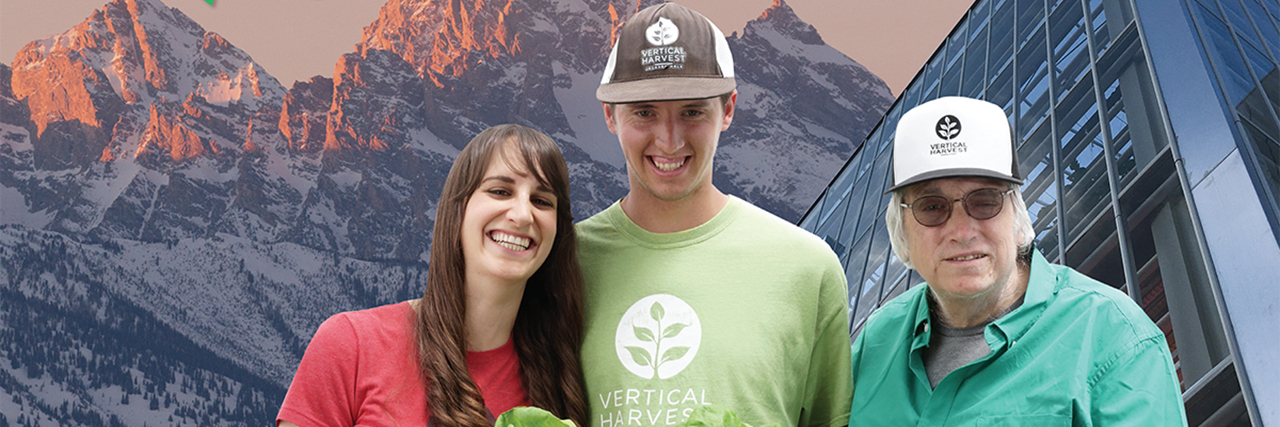Making a feature-length independent documentary is a marathon, not a sprint, so it’s exciting for me to begin to share “Hearts of Glass” with festival audiences across the country. With the ReelAbilities Film Festival: New York right around the corner, it seems like a great time to share my motivation and aspirations for the film.
For me, “Hearts of Glass” represents a once-in-a-lifetime opportunity to share a story of innovation and possibility unfolding in my own backyard — Jackson, Wyoming. Vertical Harvest, the film’s backdrop, had been “in process” for almost eight years prior to my approaching the principals for permission to film the launch of its operations. Over that time, the idea of a community greenhouse to extend Jackson’s short growing season evolved into a high-tech social venture integrating year-round hydroponic food production with employment opportunities for community members with disabilities. Although there was drama in the years prior to the greenhouse opening, I wanted to focus on what happened when a diverse group of people got in the greenhouse and the business became “real.”
While technology and food production are key to the story, the emotional heart of the film is the people. My goal was to weave the drama of this cutting-edge agricultural venture with the stories of several employees with disabilities. Vertical Harvest does employ people without disabilities, but the business’ social mission is to provide meaningful, competitively-paid jobs to adults with intellectual and developmental disabilities. The film features five main characters who range in age from 25 to 56 years old.
The main characters — Ty, Johnny, Mycah, Zac and Kyle — represent a variety of abilities, living situations, genders, education levels and interests. To show aspects of their lives inside and outside the greenhouse, my team frequently used an observational style of filming. By the end of the film, I want viewers to feel like they know the film’s main characters and could strike up a conversation with them. I also want viewers to see the impact of meaningful employment on our characters’ lives and to understand the general lack of opportunities available to community members with disabilities.
Working on this film gave me my first extended and in-depth contact with my fellow citizens with disabilities. Throughout pre-production and production, I met employees, family members and support providers. I now have a better sense of what it takes to create good employment outcomes. As it turns out, it is essentially the same as for employees without disabilities — training, clear expectations and directions, and management that is attentive and supportive.
The challenge and opportunity with “Hearts of Glass” is the complexity of its topics: disability advocacy, social entrepreneurship, high-tech vertical farming, and sustainable local food production. I have come to believe that these thematic intersections are an opportunity to create new communities and connections. I want viewers to be swept up by the momentum and, at times, the chaos of this startup; I want viewers to appreciate the nuances of each character’s personality; and I want viewers to be inspired by how one Wyoming community is dealing with pressing social and environmental issues.
I hope “Hearts of Glass” will inspire other innovative projects across the country and around the world. I also hope it will raise awareness about the capabilities of community members with disabilities and the need for more high-quality employment opportunities. I believe one story can make a difference and I’m looking forward to opportunities to reach out and engage with audiences across the nation.

